Taliban deputy head Mawlawi Abdul Salam Hanifi met with Chinese Ambassador to Afghanistan Wang Yu on Sept. 6 while the Chinese regime reiterated its support to the Taliban to form an “open, inclusive, and broadly representative government,” after U.S. President Joe Biden declared the war in Afghanistan over on Aug. 31.
Experts told The Epoch Times that the emerging situation in Afghanistan symbolizes a failure of democratic systems, which the CCP has used as an opportunity to advance its misleading narratives of democracy, governance, and peace.
“[The Taliban’s] takeover has significantly dented America’s image as a force of liberal order. While on the other end, this very aspect further endorses the authoritarian rule as also practiced in China,” Amrita Jash told The Epoch Times in an email. Jash is a China analyst and author of the book “The Concept of Active Defence in China’s Military Strategy.”
As the United States was leaving Afghanistan, the Chinese Communist Party (CCP) grew bolder in its narratives about democracy. In a press conference in Beijing on Aug. 20, the spokesperson of the Chinese Ministry of Foreign Affairs, Hua Chunying, attacked the American style of democracy in light of the intervention in Afghanistan, and went as far as asserting that the Chinese people enjoy a “people’s democracy” while the United States is a “money democracy.”
Jash said the failure to “sustain a democratic system” in Afghanistan and the way events unfolded after Aug. 15 (the date the Taliban took control of Kabul) have encouraged the Chinese regime to push such narratives.
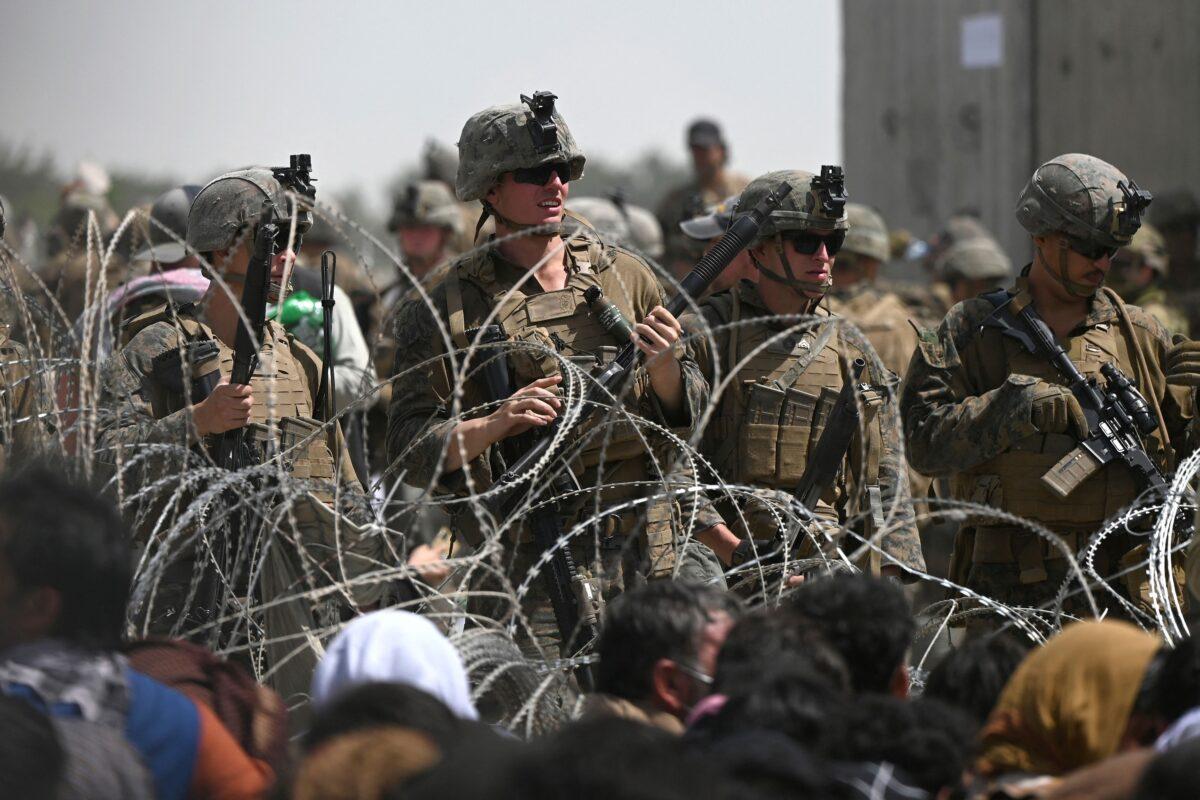
“This is well-witnessed in the growing bonhomie between China and Taliban, and Taliban seeking China’s support for the economic restoration of Afghanistan. This very change of dynamics brings into perspective that the fall of the democratic system has only given further credence to greater authoritarian systems,” Jash said.
Jash says China’s aspirations to become a global superpower are “automatically” supported by the current situation in Afghanistan that caused damage to America’s image.
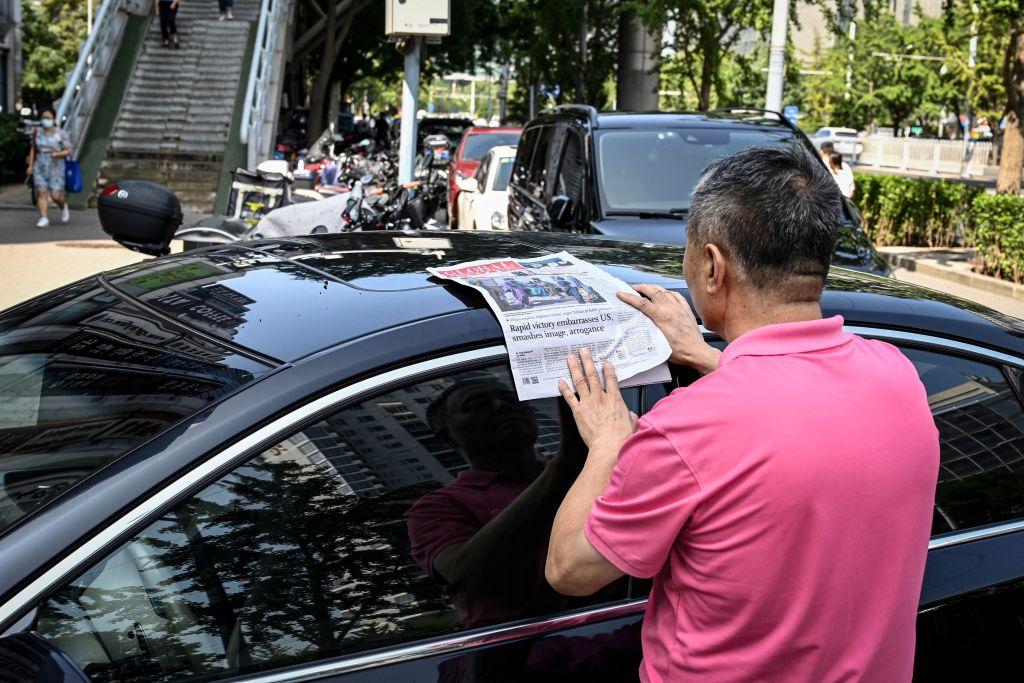
‘Sickening Possibility’
Michael Johns, a co-founder of the U.S. Tea Party movement who was instrumental in the development and implementation of the Reagan Doctrine—under which the United States provided military support to the Afghan resistance during the Soviet occupation of Afghanistan—told The Epoch Times that the way the Biden administration withdrew from Afghanistan gives the greatest cynics of democracy room to argue that democracy can’t work in countries such as Afghanistan. The withdrawal hence gives legitimacy to the Taliban’s governance.There are two possible scenarios to explain the way the United States withdrew from Afghanistan, according to Johns, who also served as a senior aide to 9/11 Commission Chairman Thomas Kean.
“The first demands accepting that a very ideological but competent military, diplomatic, and national security team comprising dozens of senior officials collectively made about 10 consecutive major miscalculations, and I find that inconceivable,” Johns said via email.
“The second demands confronting an even more sickening possibility—that all of these decisions were executed fairly close to their actual plan, which included accepting and even embracing the collapse of the democratic Afghan government and the ascent of the Taliban, combined with a conscious decision to leave behind vulnerable Americans, vulnerable Afghan allies from the war, and billions of dollars in advanced military equipment.” This would be an impeachable offense, he added.
However, he said if it wasn’t for the “malicious meddling by Pakistan and about 50,000 armed Taliban” intent on ensuring that democracy wouldn’t work there, a greater consensus would have existed in Afghanistan for a representative form of decentralized government.
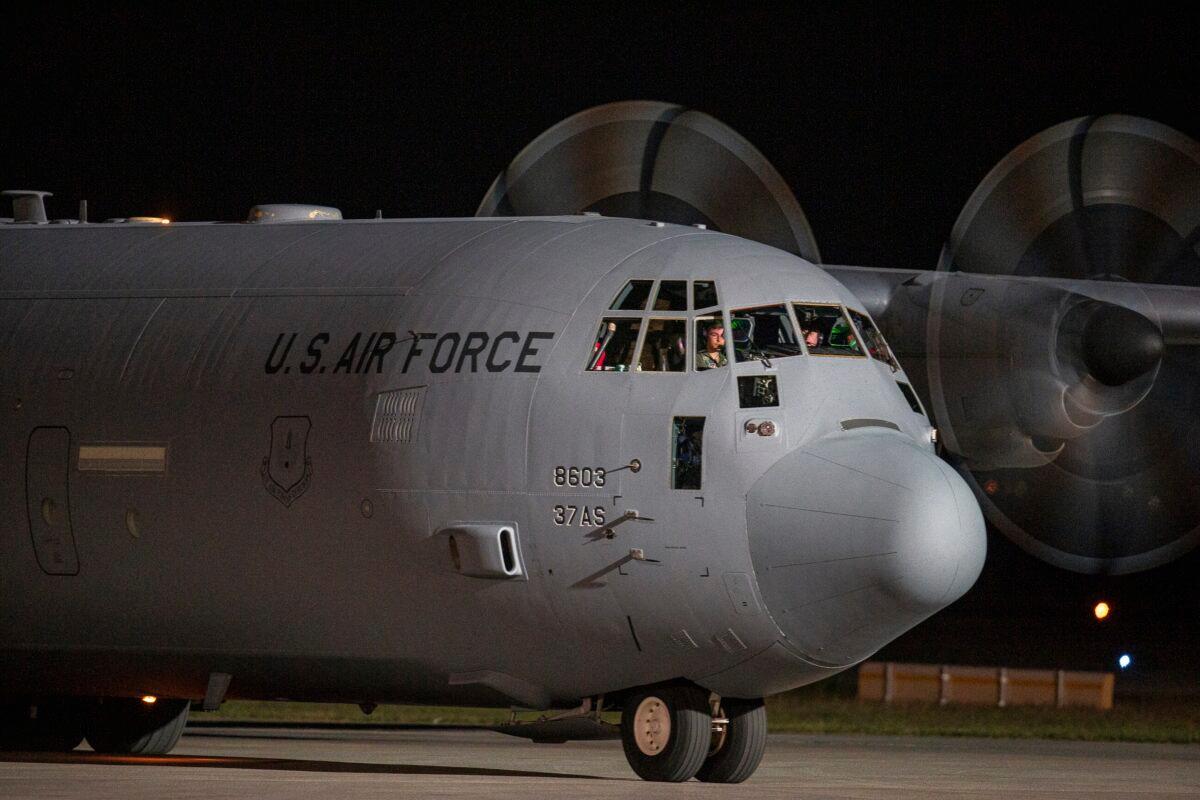
“That is what interim President Amrullah Saleh is promising and offering, and I’m inclined to think Afghans will rally around him, not the Taliban. The constitution is well constructed but needs to be respected by foreign powers. If that’s done, then Saleh operates as an interim president, and elections are soon scheduled,” Johns said.
It would be incorrect to conclude that the Afghans don’t wish for or are incapable of maintaining a representative government, he said.
He pointed at how men with automatic weapons were required to secure government buildings after Aug. 15. This underlined how they aren’t supported and are widely disliked by the Afghan public, who, like the rest of the world, know that the Taliban are systematic human rights abusers.
“But the Afghans also largely know what the world isn’t really discussing: The Taliban have no operational or functional expertise in running a government and no sustainable financial capacity to do so even if they did have such expertise, ” Johns said. “They are going to need foreign engagement, and that’s where this becomes immensely convenient for China’s Communist Party, whose Belt and Road Initiative seeks to block the U.S. out of key trade routes.”
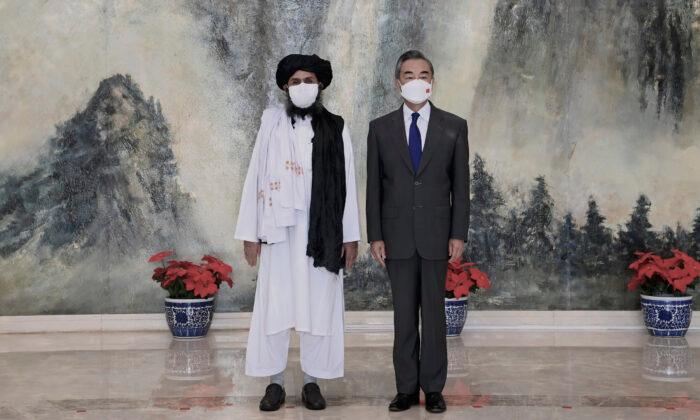

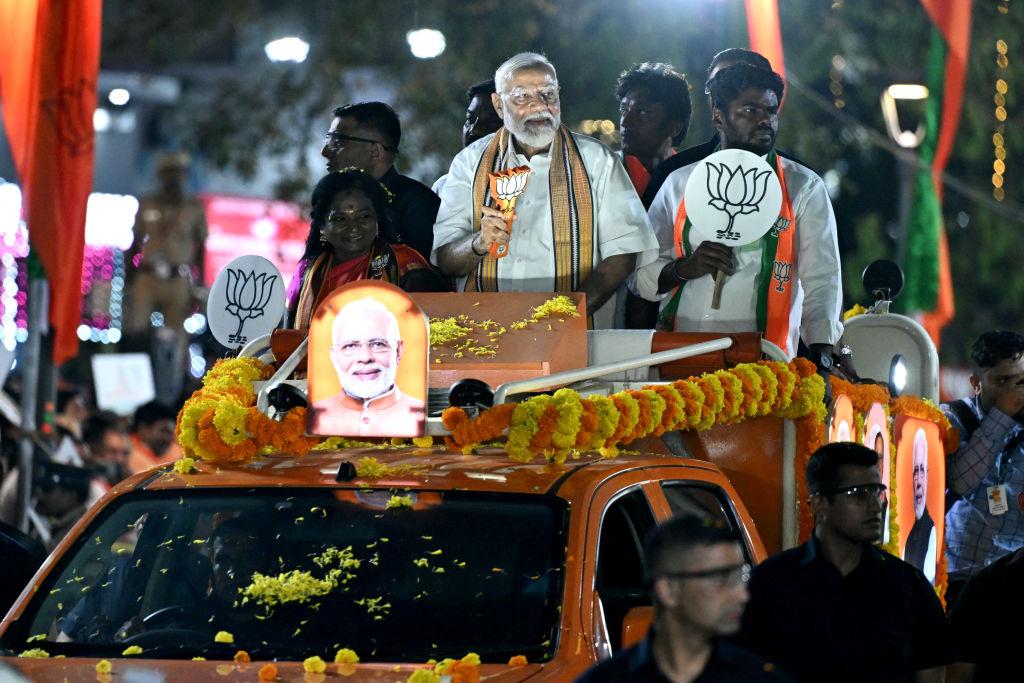


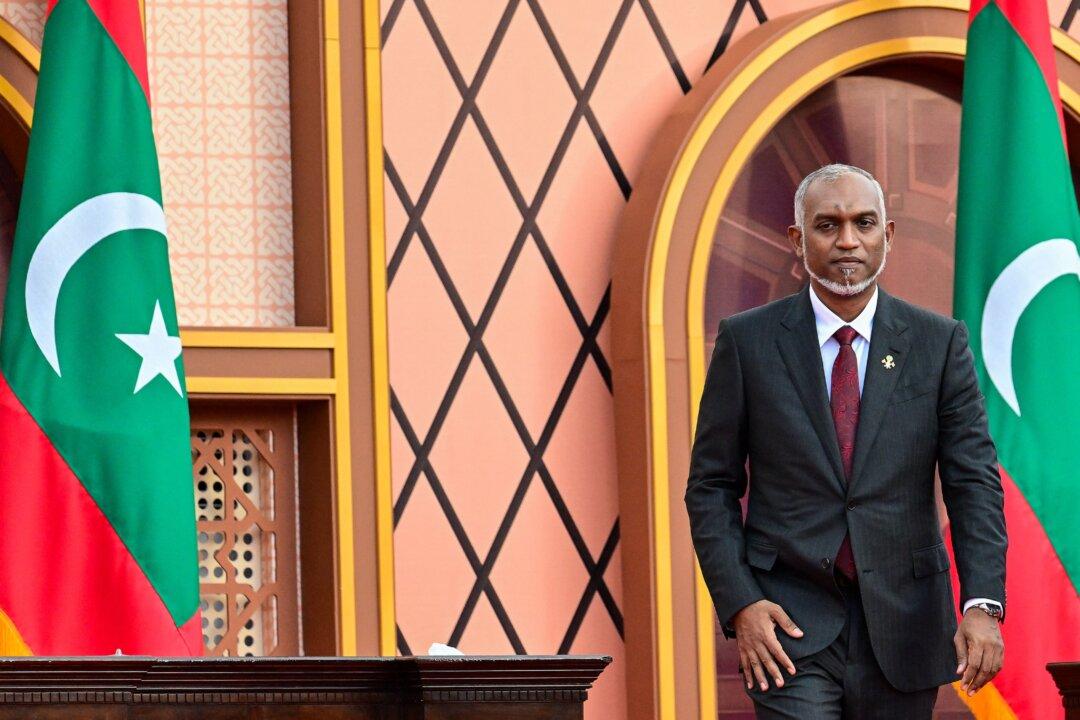
Friends Read Free